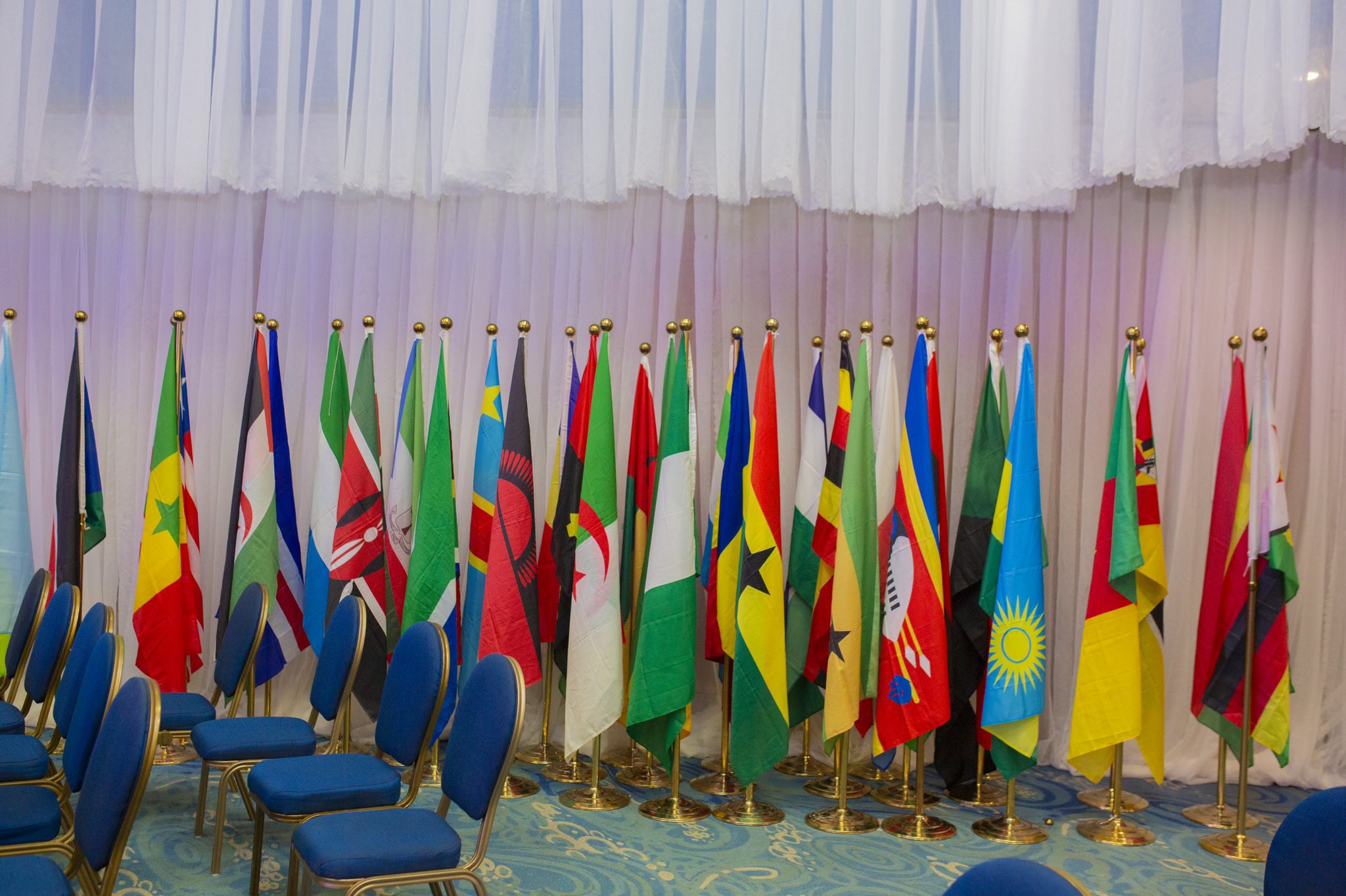Business
Nigeria Gets Lion Share In $65bn World Bank Funding

Nigeria has received the lion share of the $65billion (N38trillion) development funding from the World Bank’s International Development Association to African countries.
The World Bank, during the unveiling of the 20th replenishment package, IDA-20, in Dakar, the Senegalese capital, said the package was to help low-income countries respond to the COVID-19 crisis and build more resilient economies.
A statement from the Senior Special Assistant to the President on Media and Publicity, Garba Shehu, which was made available to newsmen, said 70 per cent ($65billion) of the entire package which amounted to $93billion (N38trillion), will be channeled to various African states with the largest share being allocated to Nigeria.
The statement, titled ‘At Dakar summit, Nigeria gets a big slice of IDA financial package’, stated that President Muhammadu Buhari, who joined other African leaders in Dakar, noted that this is the ‘largest financial package ever mobilised in the history of the IDA will prioritise some key areas.
He also called on global partners for concerted efforts to help mitigate the aftershocks of the COVID-19 pandemic and stabilise developing economies towards sustainable growth.
According to the statement, President Buhari, who spoke at the Opening Dialogue of African Heads of State on Development Challenges and Priorities at the International Development Association Summit for Africa, which was convened by the President of Senegal and African Union Chairman, Macky Sall, added that Nigeria, through job creation, was determined to build an economy that is capable of withstanding shocks.
“I am pleased to also note that this is the largest financial package ever mobilised in the history of the IDA, and this package will prioritise some key areas such as agriculture and food security, human capital, climate change adaptation, bridging the gender gap, job creation, digital and technological innovation, among others.
By: Corlins Walter
Business
Agency Gives Insight Into Its Inspection, Monitoring Operations

Business
BVN Enrolments Rise 6% To 67.8m In 2025 — NIBSS

The Nigeria Inter-Bank Settlement System (NIBSS) has said that Bank Verification Number (BVN) enrolments rose by 6.8 per cent year-on-year to 67.8 million as at December 2025, up from 63.5 million recorded in the corresponding period of 2024.
In a statement published on its website, NIBSS attributed the growth to stronger policy enforcement by the Central Bank of Nigeria (CBN) and the expansion of diaspora enrolment initiatives.
NIBSS noted that the expansion reinforces the BVN system’s central role in Nigeria’s financial inclusion drive and digital identity framework.
Another major driver, the statement said, was the rollout of the Non-Resident Bank Verification Number (NRBVN) initiative, which allows Nigerians in the diaspora to obtain a BVN remotely without physical presence in the country.
A five-year analysis by NIBSS showed consistent growth in BVN enrolments, rising from 51.9 million in 2021 to 56.0 million in 2022, 60.1 million in 2023, 63.5 million in 2024 and 67.8 million by December 2025. The steady increase reflects stronger compliance with biometric identity requirements and improved coverage of the national banking identity system.
However, NIBSS noted that BVN enrolments still lag the total number of active bank accounts, which exceeded 320 million as of March 2025.
The gap, it explained, is largely due to multiple bank accounts linked to single BVNs, as well as customers yet to complete enrolment, despite the progress recorded.

